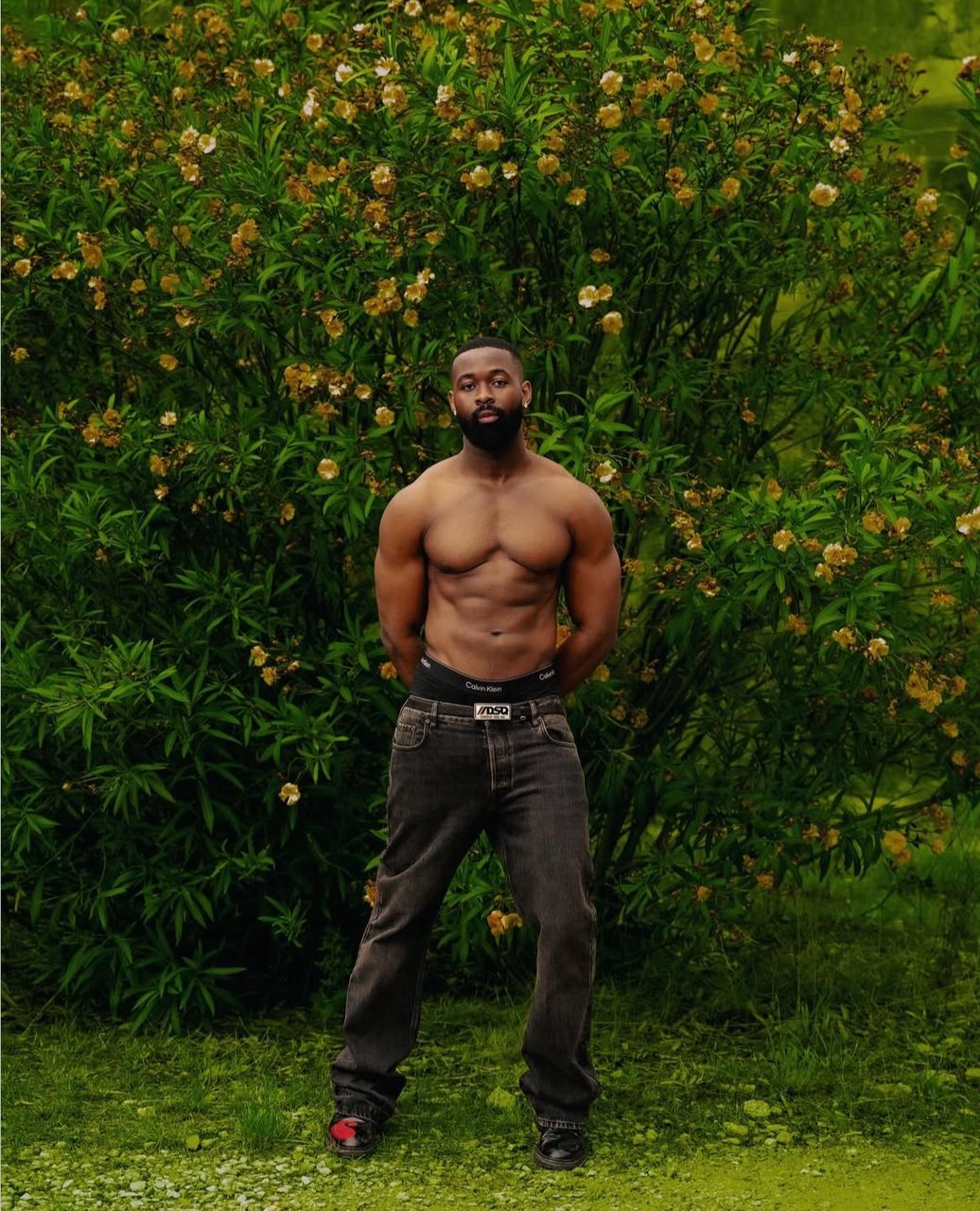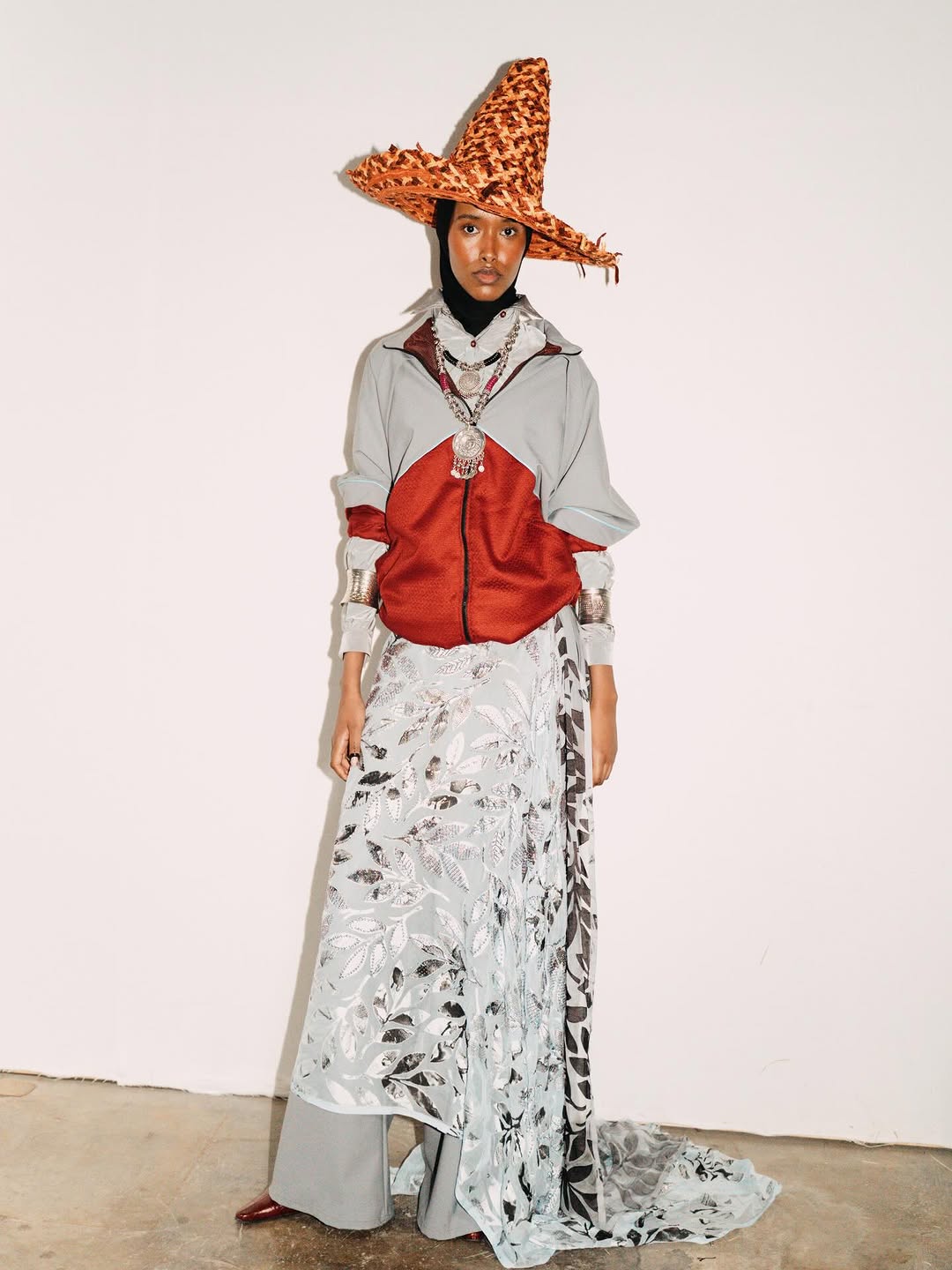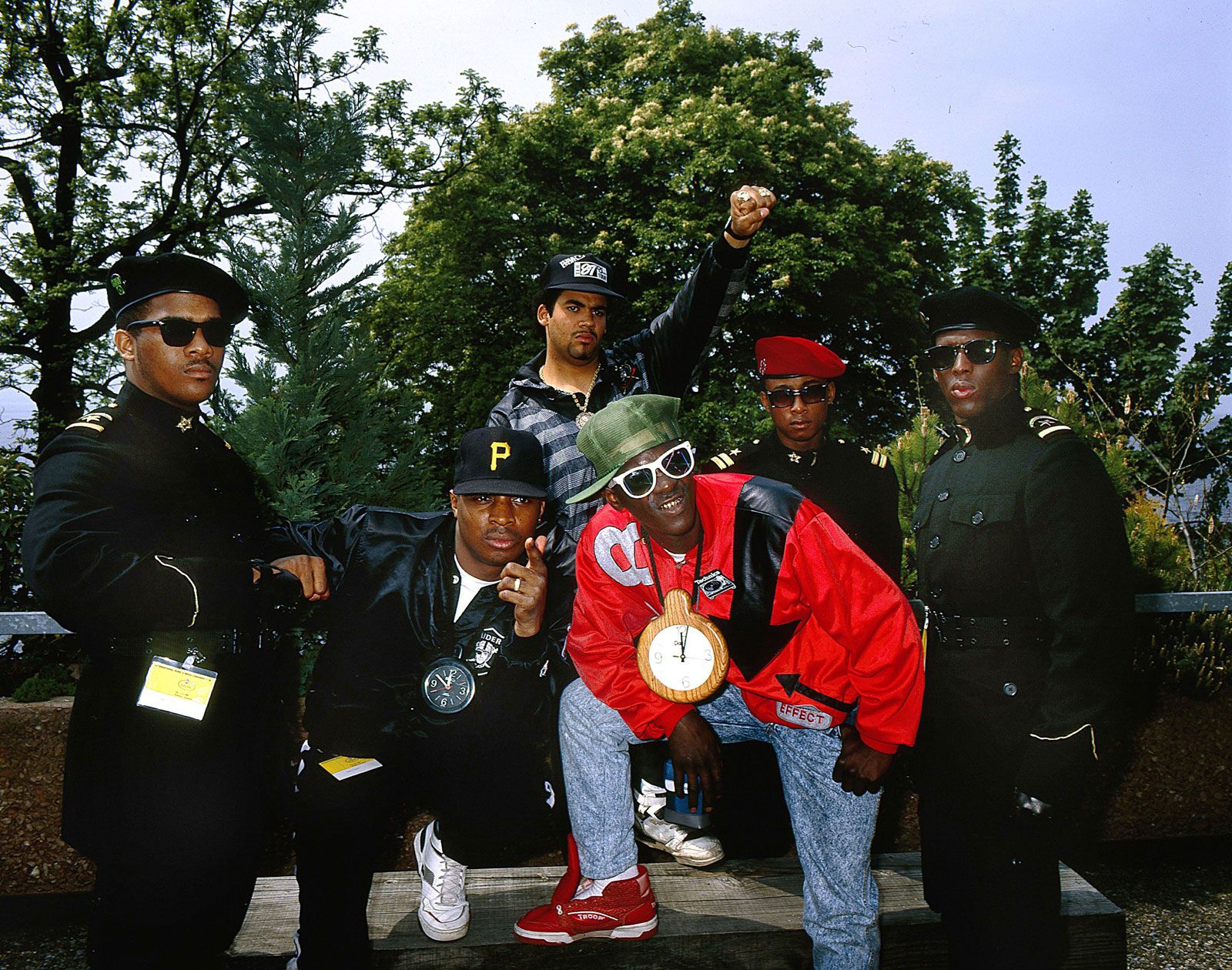In an age when music is more than sound, the way an artist brings a record into the world matters as much as the music itself. A rollout has become an art form, part theatre, part comedy, part cinema, part stunt. It gives an album a skin, a story, and a mood that shape how people experience the listening. However, it appears that one truth holds: we don’t release music the same way anymore. Rollout is art, and it demands to be seen.
One of the clearest examples of this art right now is Sarz. For over a decade, Sarz has been one of Afrobeats’ defining producers, shaping sounds for Wizkid, Niniola, and Lojay, among many others. But his latest project, ‘Protect Sarz at All Costs’, is not arriving as just another producer compilation. It is being staged like a cinema. Confirmed collaborators include Asake, Ayra Starr, Lojay, Big Sean and Gunna, names that signal both deep Afrobeats roots and global pop ambition.
The rollout is built around small, sharp, repeatable moments that add up to a larger feeling. In one clip, comedian Layi Wasabi stars in a movie showing at a cinema where Sarz is on a date. Layi, the star of the show, is at the point where he eliminates his opponents and ends the movie, but he is annoyed, and he demands that the soundtrack be played. That soundtrack, of course, is Sarz’s upcoming record. The video works on multiple levels. It is funny, it is shareable, and it makes a point. This is not only music, it is an event. The language of “soundtrack” matters here. By framing the album as cinematic, Sarz places listeners inside a scene before the first chorus even arrives. The rollout turns anticipation into content, and content into conversation.
Equally important is tone. Sarz’s vignettes are comic, mischievous, and recognisable, grounded in everyday humour rather than solemn declarations. That human touch is what gives them power. The rollout promises a crossover in sound and scope, but it does so by making listeners laugh and lean in. When the record lands, it will feel curated, inevitable, and deserved.
Across the Atlantic, Cardi B is playing in an entirely different register but with the same understanding of rollout as art. Her long-awaited sophomore album, ‘Am I the Drama?’, dropped on 19th September 2025, and she announced it with theatre rooted in hustle and humour. In one viral video, Cardi spreads a blanket on the pavement and pretends to sell vinyl and CDs herself, captioning it with a tongue-in-cheek line about her label forcing her to move units in the street. The gesture is comic, but it also recalls an older music economy, when artists literally sold their work hand-to-hand.
She has also leaned into reclamation. Cardi released special courtroom-themed covers for the album, referencing her own viral trial moments that dominated the news cycle in 2025. By turning screenshots and memes into official art, she flips a messy real-life narrative into controlled self-branding, transforming scandal into merchandise, pain into performance, and spectacle into ownership. That same instinct for spectacle showed up again when she set a Guinness World Record with Walmart, delivering ‘Am I the Drama?’ albums by drone to fans in one hour. The stunt turned distribution itself into performance, making even logistics part of the Cardi show.
Placed side by side, Sarz and Cardi show the elasticity of rollout. Sarz uses cinematic comedy to invite the audience into a soundtrack before the music drops. Cardi uses street theatre and courtroom memes to pull listeners into her lived drama. Both strategies flatten the distance between artist and audience. Both say: do not just stream the music, be part of the story.
And there is precedent for this. In 2016, Frank Ocean made mystique itself a rollout device, live-streaming the construction of a staircase in the visual album Endless before unveiling Blonde the next day. He turned withholding into revelation. Beyoncé turned rollout into a spectacle. The 2013 surprise release of ‘Beyoncé’ changed industry norms overnight, and Lemonade fused visual album, narrative control, and cultural punctuation mark. Kendrick Lamar primes audiences with cryptic billboards and teasers that feel like puzzles, turning fans into co-authors of anticipation. Dave in the UK mirrors the thoughtfulness of his music with short films and weighty interviews that serve as scaffolding before the first listen. Burna Boy expanded Afrobeats into global conversation with African Giant, using visuals, politics, and fashion to elevate the album into a statement about identity and presence.
These examples illustrate that rollout is not gimmickry. It is framing. A great rollout can do three things. First, it creates desire beyond what a press release can. Second, it shapes interpretation by starting the narrative before the music plays. Third, it makes the release communal, giving fans the sense of being part of a ritual, not just consumers of content.
That communal edge is crucial. When Cardi sets up shop on the pavement, she roots her album in the street. When Sarz stages a skit in a cinema, he insists the music belongs to the public experience. These gestures collapse hierarchy, making artists feel present, playful, and accessible.
Of course, rollout as art carries risk. Mystique without payoff can curdle into arrogance. Comedy without substance can feel desperate. Frank Ocean’s ‘Blonde’ worked because the music matched the weight of its unveiling. Beyoncé can drop surprises because her vault is vast and her storytelling airtight. For smaller artists, theatrics must never overshadow the record itself.
For Sarz, the fit feels perfect. His sound has always been lush and cinematic, and staging a rollout as miniature films is not a stunt but an extension of his art. For Cardi, too, the choices feel right. Her brand is built on authenticity, humour, and self-possession. Turning courtroom headlines into album covers is risky, but it is also quintessential Cardi: loud, self-aware, and impossible to ignore.
What these cases show is a new grammar for releasing records. The album is no longer an isolated object. It can be a film, a joke, a meme, a ritual, or a conversation starter. Success is not only a chart peak. It is also the viral skit that feels true, the pop-up that sparks a group-chat debate, the cultural moment fans remember being part of.
Sarz is teaching this in the language Afrobeats knows best: humour, storytelling, and communal experience. Cardi is teaching it in the language hip-hop knows best: hustle, spectacle, and reclamation. Together, they remind us that rollout done right is not marketing at all. It is art.
.svg)







.png)

